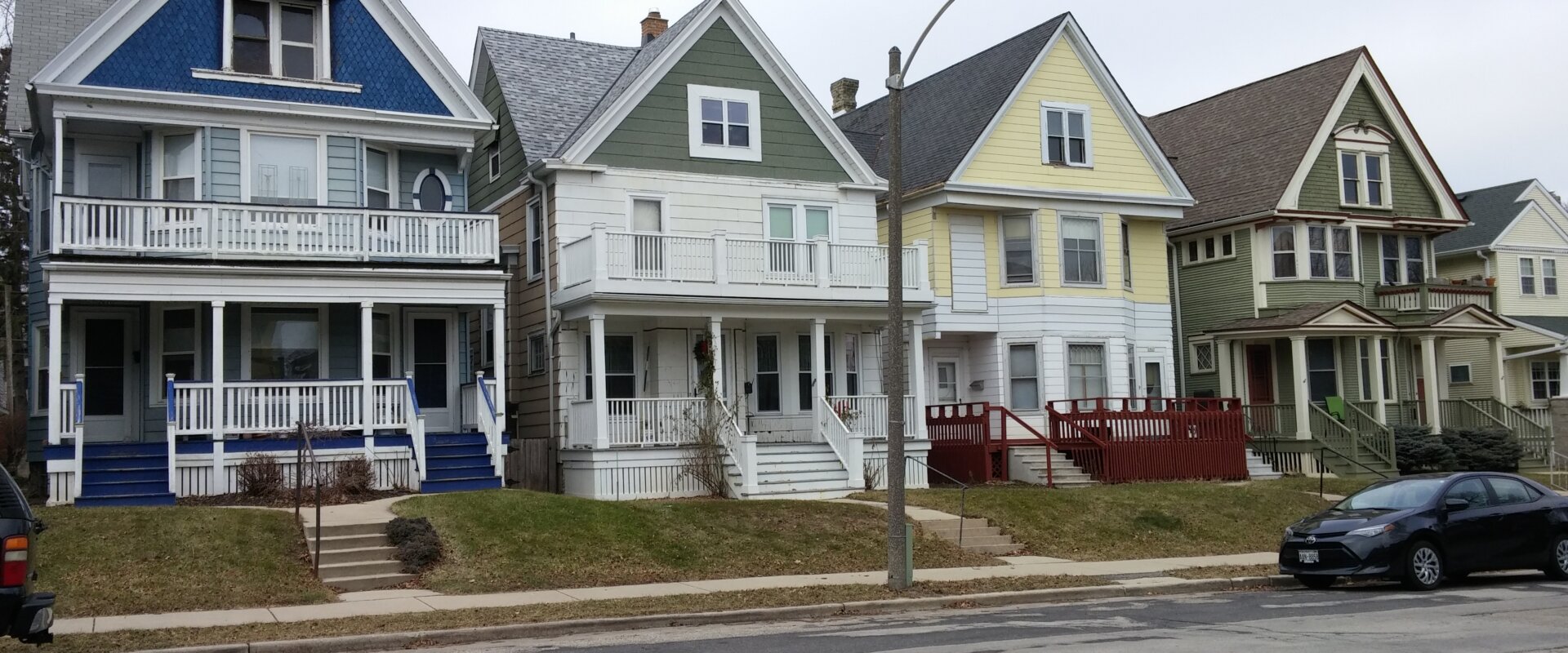
Home sales usually fall into one of three main categories: traditional sales, short sales, and foreclosures. For buyers, each has pros and cons, though generally speaking the cheaper properties are short sales and foreclosures. But if you’re a buyer, you need to keep in mind that these properties are usually cheaper for a good reason. The best route for you depends on your financial situation and your goals, especially whether you’re buying the property live in or as an investment. Let’s take a look, then, at traditional sales vs. short sales and foreclosures in Madison.
Traditional Sales
This is what first comes to mind for most of us. Traditional sales involve a seller and a buyer who agree to sell/purchase the property for a specific agreed-upon price. Although there may be circumstances causing the seller to sell, she is not being forced into it by a lending institution, as is the case with short sales and foreclosures in Madison.
Short Sales
In the realm of real estate transactions, short sales present a unique opportunity for both buyers and sellers, albeit with inherent complexities. A short sale occurs when the proceeds from the property sale fall short of the outstanding mortgage balance, hence the term “short.” However, navigating a short sale is far from a speedy process, as it involves obtaining approval from the lender on the sale price, which often entails protracted negotiations.
For sellers, a short sale offers a lifeline to evade foreclosure, a process fraught with financial and emotional strain. By initiating a short sale, homeowners can mitigate the adverse effects of foreclosure on their creditworthiness and financial well-being. Meanwhile, astute buyers who are willing to navigate the intricate process of short sales can capitalize on potentially lucrative deals.
Foreclosures
Foreclosure, a distressing ordeal for homeowners, marks a pivotal juncture in the real estate landscape, offering both challenges and opportunities for buyers and sellers alike. When a homeowner defaults on mortgage payments, the lender initiates foreclosure proceedings, typically commencing with a 90-day notice period. Subsequently, the property may be auctioned, attracting bids from individuals and entities seeking to acquire distressed assets.
While foreclosures present an avenue for bargain-hunting buyers, navigating the intricacies of these transactions can prove formidable. The process is fraught with complexities and emotional turmoil, as homeowners are compelled to relinquish their cherished abode due to unforeseen circumstances such as illness, job loss, or marital dissolution.
Despite the anguish endured by homeowners, the foreclosure market offers a silver lining for astute investors seeking lucrative opportunities. Sellers can alleviate the burden of mortgage payments and potentially absolve canceled debt from their tax obligations. However, it’s imperative for all parties involved to comprehend the protracted timeline of foreclosure proceedings, which can span several months before the property’s transfer of ownership is finalized.
Observations About Short Sales and Foreclosures
Short sales in Madison typically take a lot longer to close than traditional sales, requiring complex documentation and extended back-and-forth between the seller and lender. When initiating a short sale, prospective buyers must navigate a labyrinth of paperwork and procedural hurdles, necessitating meticulous attention to detail and patience. In addition to obtaining acceptance from the seller, offers on short sale properties must undergo rigorous scrutiny and approval by the lender, who bears the brunt of the financial loss incurred in the transaction. Consequently, the negotiation process often involves prolonged back-and-forth communication between all parties involved, leading to extended closing timelines. If your offer isn’t approved, then you’ll have to restart the whole process. As a result, short sales usually take three to six months to complete while foreclosures usually close within 30 to 45 days of an offer’s being accepted.
Another important aspect to keep in mind is that short sale and foreclosure properties are often vacant for long periods and frequently in disrepair. In addition, these properties almost always must be purchased as-is. The good news here for buyers is that if you’re willing to invest a little in repairs and put in a little elbow grease, you can get a great deal on these properties. Buyers should be prepared for the possibility of setbacks and delays, as the approval process is contingent upon various factors, including the lender’s assessment of the property’s market value and the extent of the financial shortfall.
Traditional sales vs. short sales and foreclosures in Madison – which one is right for you? Again, it depends primarily on your purpose in buying the property, what you intend to do with it. It also depends on whether you’re willing to play the waiting game and are prepared to take on a distressed property. In such a situation, it’s best to lean on the expertise of a qualified real estate professional. And we’re prepared to provide the guidance you may need. Call us today at (920) 851-9727!
Interested in Madison short sales or foreclosures? We can help! Contact us today for more information! (920) 851-9727

